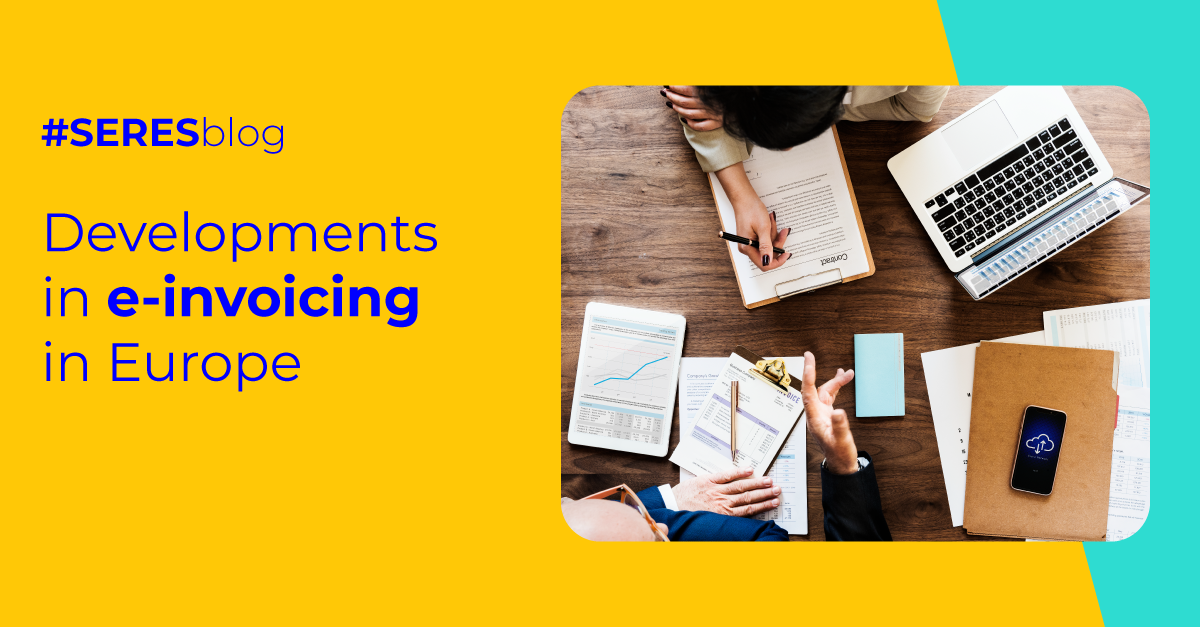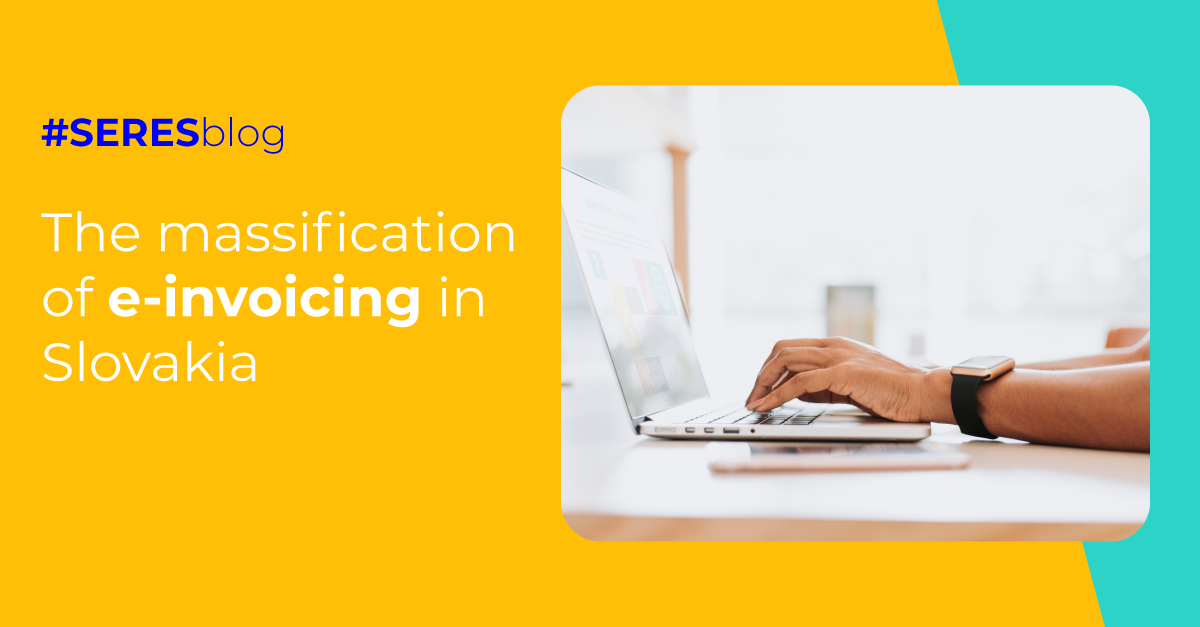Discover the main aspects of e-invoicing in Egypt
On 9 January 2025, the Egyptian Tax Authority announced that a new group of taxpayers will have to use electronic receipts for B2C transactions from 15 January. This is because of Resolution No. 405/2024, which covers B2C transactions.
In April 2022, the Egyptian ministry started a project to automate the tax management system. The project was a pilot, and in July 2022, a timetable was published for taxpayers to follow.
153 companies had to start using e-invoices by July 2022, and 400 more companies had to start using e-receipts by October 2022. By 15 January 2023, 2000 Egyptian companies will also have to start issuing e-receipts.
The rest of the African continent is also changing to digital technology in line with the ideas in Agenda 2063: The Africa We Want. E-invoicing is one of the main axes of this transformation, which aims to make Africa a global power in the coming years.
What's the latest on B2B e-invoicing in Egypt?
The use of e-invoicing in Egypt has been gradually introduced and based on the number of invoices issued by taxpayers.In March 2020, it was announced that e-invoicing would be mandatory, and on 15 November of that year, the first phase of its wider roll-out began, with 134 large companies joining through the Egyptian Tax Authority.
In 2021, more companies joined the B2B e-invoicing system in Egypt in three phases (February, May and July). In the last phase, e-invoicing was also mentioned at the B2G level.
In January 2022, VAT on paper invoices was no longer deductible. In April 2023, all Egyptian companies must be able to issue electronic invoices in the B2B field.
Status of B2G e-invoicing in Egypt
In March 2020, the Egyptian Ministry of Finance started working on a plan to introduce e-invoices for businesses (B2B) and a clearance model of invoicing. This was done through Resolution N. 188.
The Egyptian Tax Authority is currently managing the implementation of this e-invoicing project in Egypt. The ETA is responsible for setting up and supervising the e-invoice approval system and will check and approve supplier invoices before they are sent to customers.
There is an official requirement for businesses to use e-invoicing in Egypt. The Council of Ministers issued Decree No.1602 of 11 July 2021, which obliges government entities to use e-invoicing.
Companies that must use the e-invoicing system must submit invoices and receipts electronically. They must also send these to the tax authority straight away so that it can check them before they are sent to the customer.
Egyptian e-invoicing model
Companies that are required to adopt the new e-invoicing system in Egypt must register with the Egyptian Tax Authority (ETA) in the designated system.
After registration, customers will receive the necessary data to process e-invoices and e-receipts in structured formats such as XML or JSON.
The system also allows for the cancellation or rejection of erroneously issued invoices. On the other hand, the VAT return will be automatically generated from the submitted invoices.
In Egypt, electronic invoices must include:
- Supplier and customer tax identification numbers.
- Customer information and national identification number.
- The ETA must return the UUID (Unique ID) code when approving the invoice.
- Supplies of goods based on GS1 coding or similar coding linked to the Global Product Classification rules.



